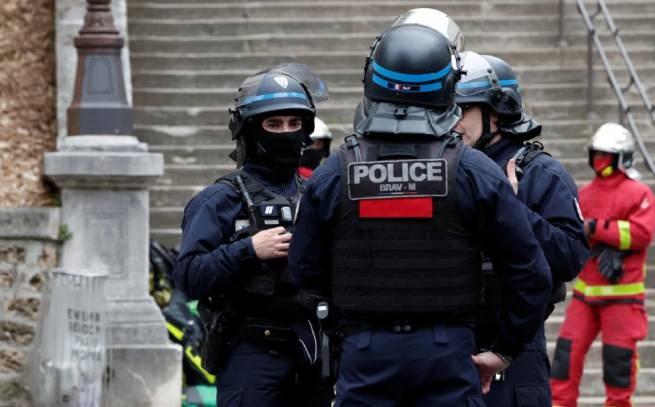President of the Organization for anti-seismic planning and protection Efthymios Lekkas on the possibility of a major earthquake in the Gulf of Corinth: “I expect an earthquake in Alcyonides with a magnitude of about 6 points at a depth of 5 km.”
The eastern part of the Gulf of Corinth is a natural laboratory, and the area is ripe for a sufficiently strong earthquake, said Efthymios Lekkas, president of the Antiseismic Planning and Protection Organization. Earlier, the director of the Athens Geodynamic Institute, Akis Tselentis, said on the same occasion: “I lost sleep over the Alcyonides – I expect an earthquake of about 6 points at a depth of 5 kilometers.”
In more detail, in connection with the earthquake in Evia, Mr. Lekkas was asked about the region of the Alcyonides Islands, which experienced a strong earthquake in the past, and he replied:
Yes, indeed, the Gulf of Corinth and especially the eastern part of the Gulf of Corinth is a natural laboratory, they have a high seismicity, and it is after 40 years, during which an earthquake occurred in this region, that it is ripe for a fairly strong earthquake. We do not have historical earthquakes in the area. In the 1970s and 1980s, it was considered the most earthquake-resistant region of the country. We should not confuse this area, which is in the central-south part of Evia, with the area of southern Evia, where there is increased seismicity, or further north towards the North Aegean, where we have the Anatolian Fault.
Asked if an earthquake in Turkey could cause tension here in Greece or activate some kind of faults, he replied:
Of course, based on the 1999 earthquake in Israel, we warned at the time that the Greek area was being stimulated, given that the Turkish plate then advanced 10 meters towards the Greek area. We believe that an earthquake on the Anatolian fault may have some effect on the seismicity of Greece. But we need to see every time what kind of earthquake occurs on the Anatolian fault in order to assess whether it will really affect the Greek region.
He clarified that there is no definite indication of the time of its manifestation, whether it will be five or three years. “However, at some point in the near future, the Corinthian will be activated. Unfortunately, at the global level, we cannot determine the timing of earthquakes, nor to a large extent the location of a large earthquake.”
Commenting on whether we are ready for such a phenomenon and whether houses, apartment buildings, structures will withstand, he noted:
I dare say they will. We are in a much better position than in 1981. I should note that in 1984-86, earthquake protection regulations were adopted, which are among the best in the world, and this is mainly due to the efforts of the Greek government. The scientific community, engineers and geoscientists are, of course, overseen by the Earthquake Planning and Protection Organization. We are dealing with a very good anti-seismic regulation, and structures, mostly a large percentage, are invulnerable to a magnitude 6 earthquake. Of course, there are old designs that are vulnerable, and we need to pay attention to them.







More Stories
"Mosquitoes" diseases are spreading across Europe and have reached Crimea
Orange sky…
African dust: suffocating atmosphere in Attica